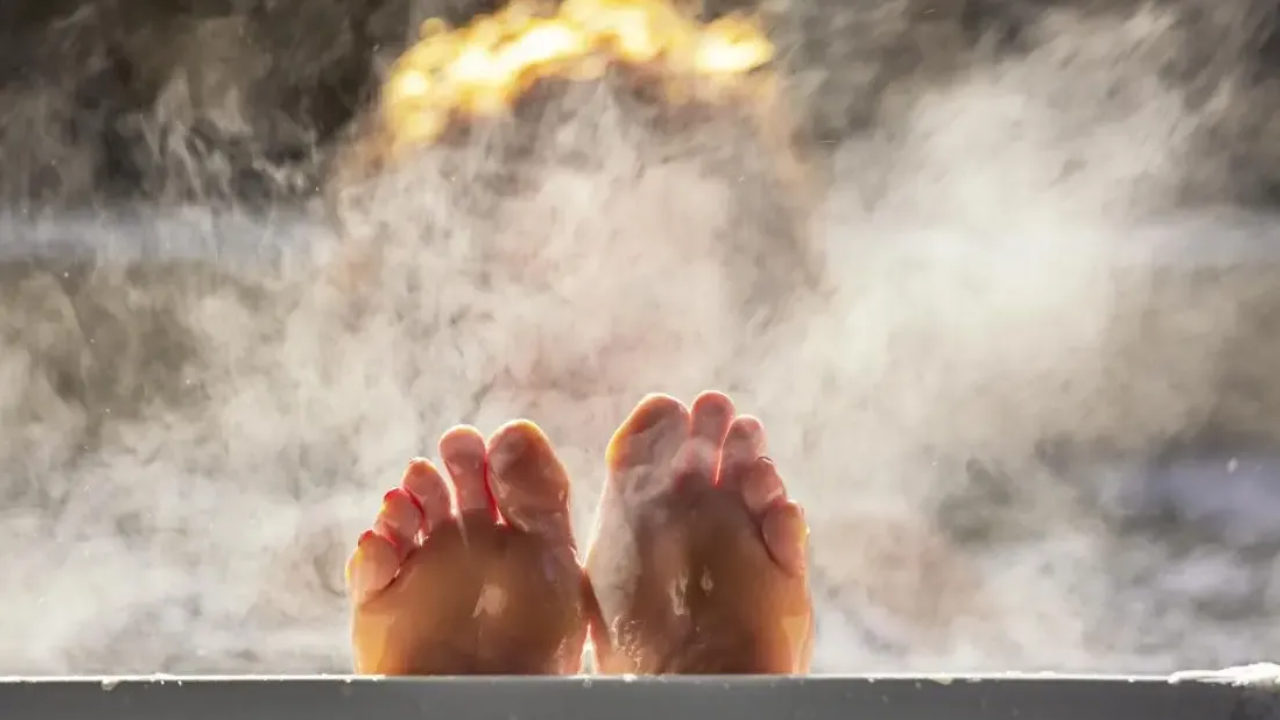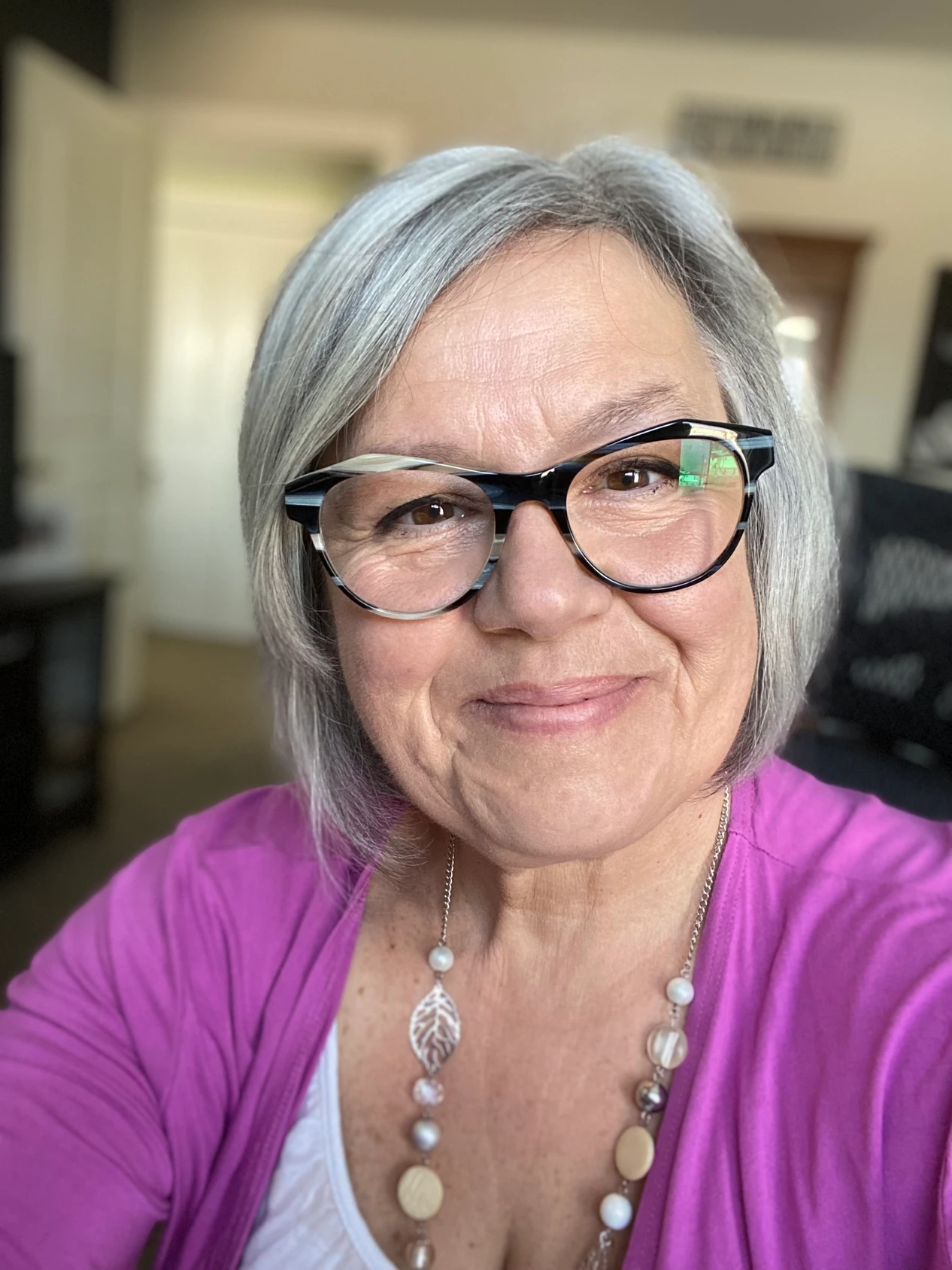While lounging in a hot bath the other night a thought danced through my mind. I started to wonder about how many people take hot baths and why we are so inclined to escape to one after a particularly hard day. In reality self-care is more than bubble baths and scented candles—it is the foundation of healing. For trauma survivors, self-care is not a luxury but a necessity, a way to reclaim the self that trauma tried to silence. When we have experienced deep pain, our nervous systems often remain in survival mode, making it difficult to slow down, listen to our needs, and nurture ourselves. But healing requires tending to our wounds with the same compassion we would offer a dear friend.
Brené Brown reminds us, "Owning our story and loving ourselves through that process is the bravest thing that we will ever do." Trauma often leaves us disconnected from our own needs, feeling unworthy of love, rest, or care. The truth is, self-care is not selfish; it is an act of self-respect. When we begin to care for ourselves intentionally, we send a powerful message to our wounded parts: I matter. My healing matters.
One of the simplest but most transformative forms of self-care is mindful rest. Many trauma survivors struggle with exhaustion—not just physical fatigue, but emotional and mental burnout from carrying the weight of the past. Allowing yourself to rest, without guilt, is a radical act of self-love. This might look like creating a bedtime ritual that feels safe and soothing, practicing deep breathing to calm your nervous system, or even giving yourself permission to do absolutely nothing for a while.
Another powerful way to care for yourself is through movement that feels good. Trauma lives in the body, and gentle movement can help release what has been stored. This doesn’t mean forcing yourself into an intense workout; rather, it’s about finding movement that feels nourishing. A slow walk outside, stretching in the morning, or even dancing alone in your living room can reconnect you with your body in a safe and healing way.
Self-care also means creating space for joy, no matter how small. Trauma can dull our ability to experience pleasure, making joy feel distant or even undeserved. But small, intentional acts of joy—listening to music that makes you feel alive, making yourself a comforting meal, or spending time in nature—can slowly reignite the light within you.
Healing from trauma is a journey, and self-care is the fuel that sustains it. Each time you choose to rest, to move, to find joy, or to simply acknowledge your own worth, you take another step toward reclaiming your life. You are not what happened to you; you are who you choose to become. And choosing to care for yourself is one of the most powerful steps toward healing.




